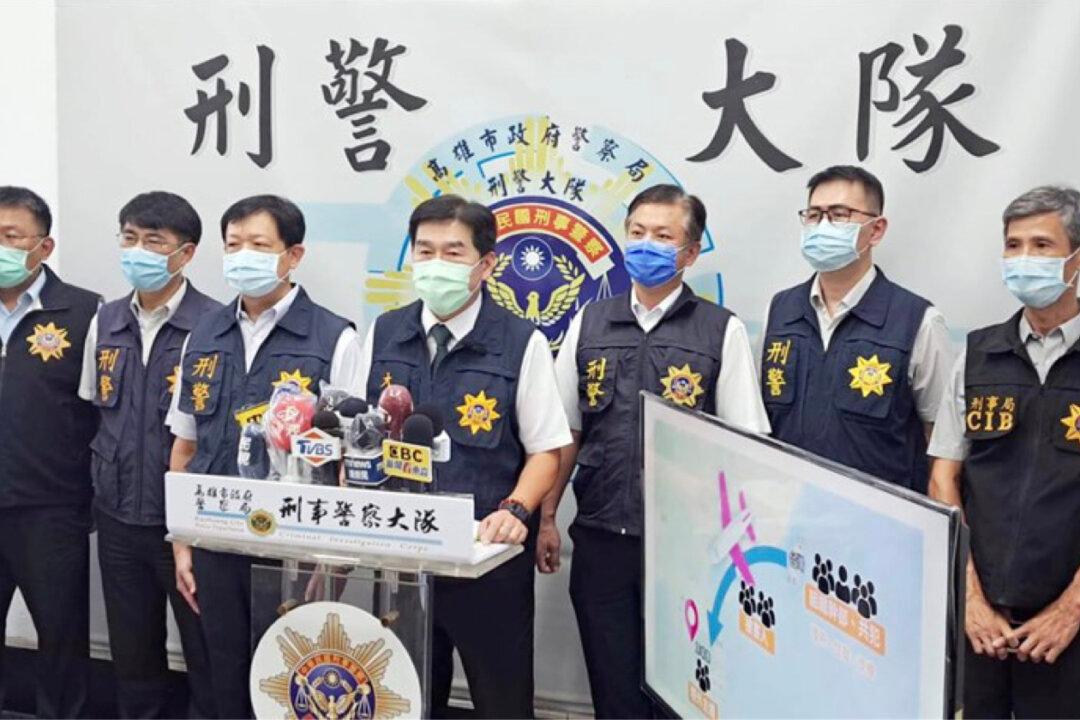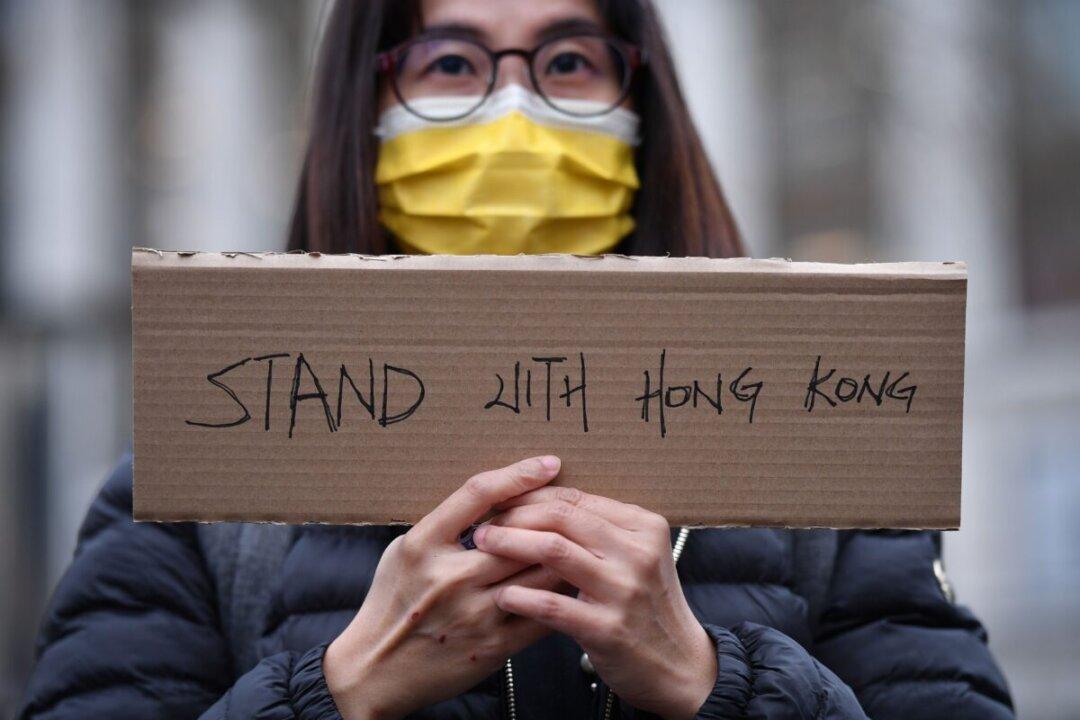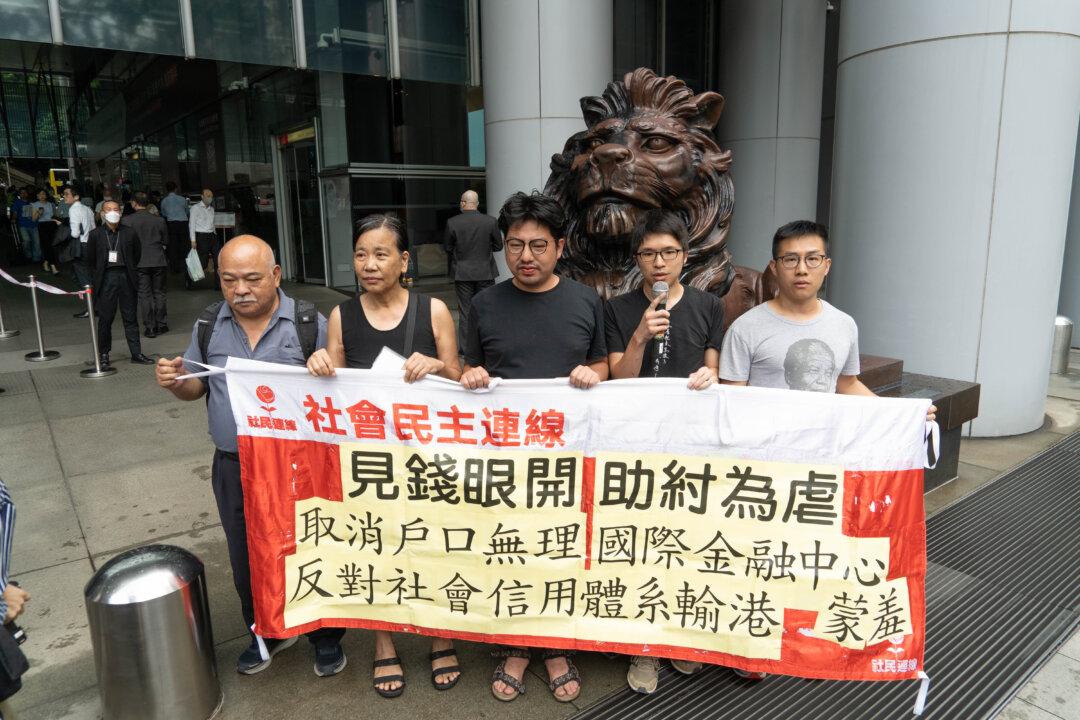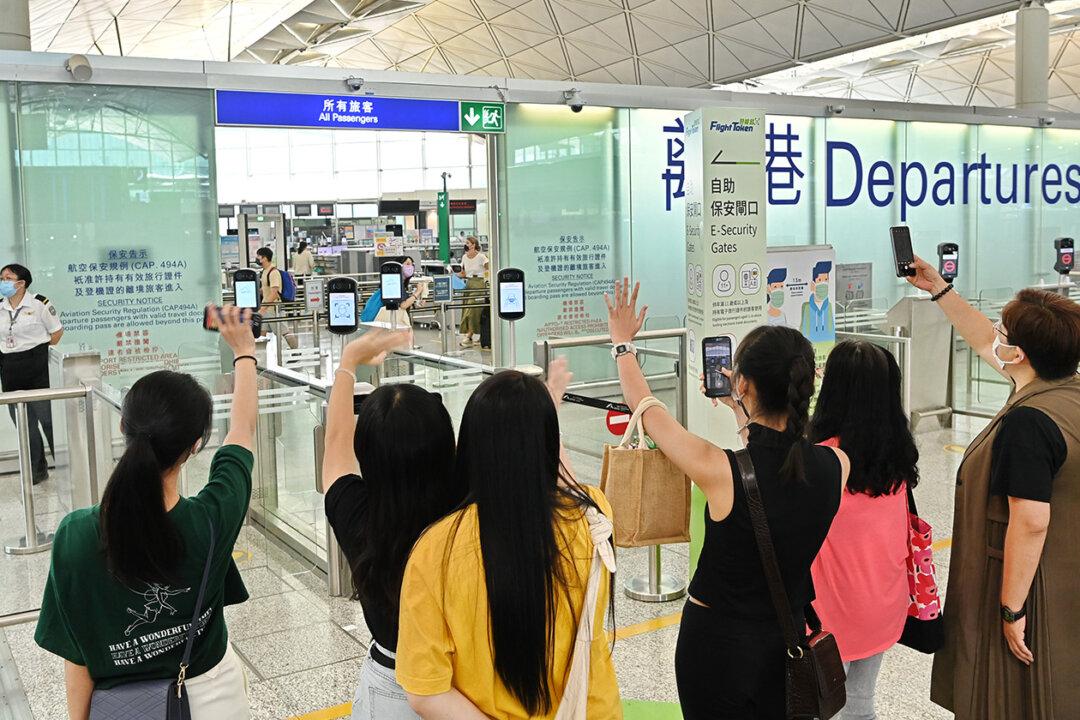Taiwan Criminal Investigation Bureau has been following cross-country fraud and human trafficking organizations, which are established by triads and gang members. They usually post “attractive” job offers on online platforms such as Facebook to mousetrap Taiwanese (and other nationalities) to Cambodia or Thailand.
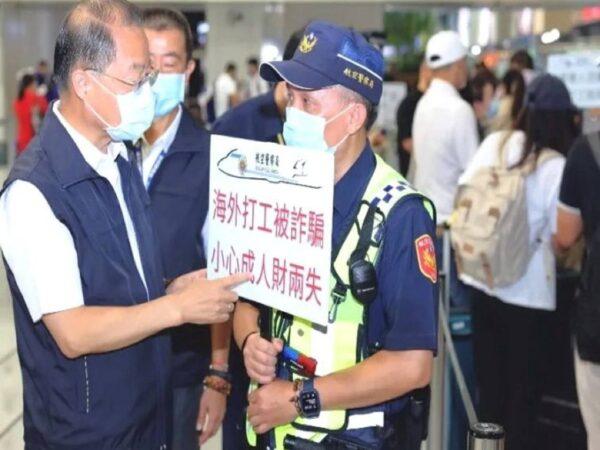
Between Jan. to June 2022, a total of 6,481 Taiwanese residents flew to Cambodia but only half of them returned. The Taiwan Aviation Police at the Taipei Tao Yuan Airport is warning Taiwanese about job scams overseas. Photo by Taiwan Police Department
